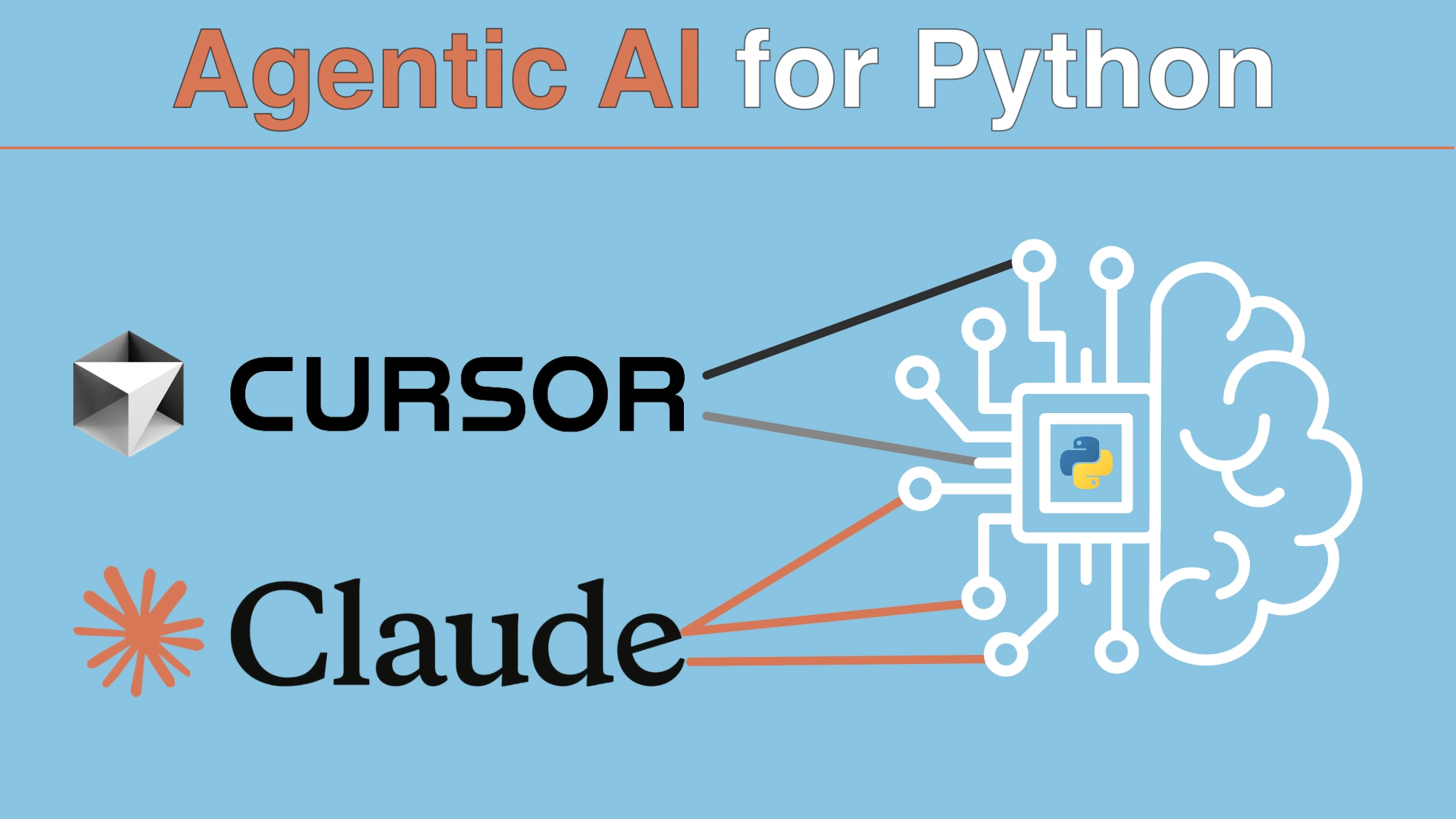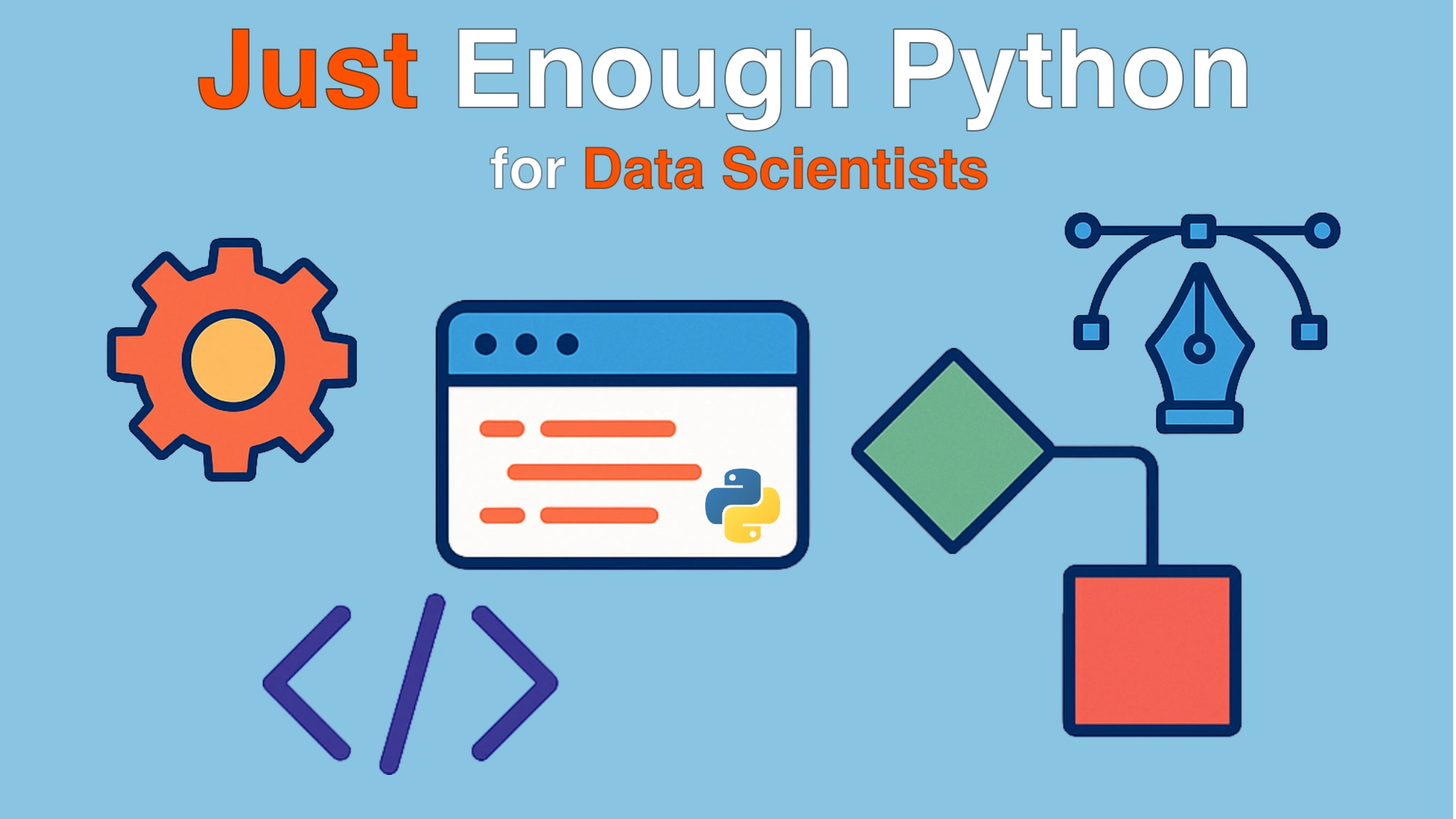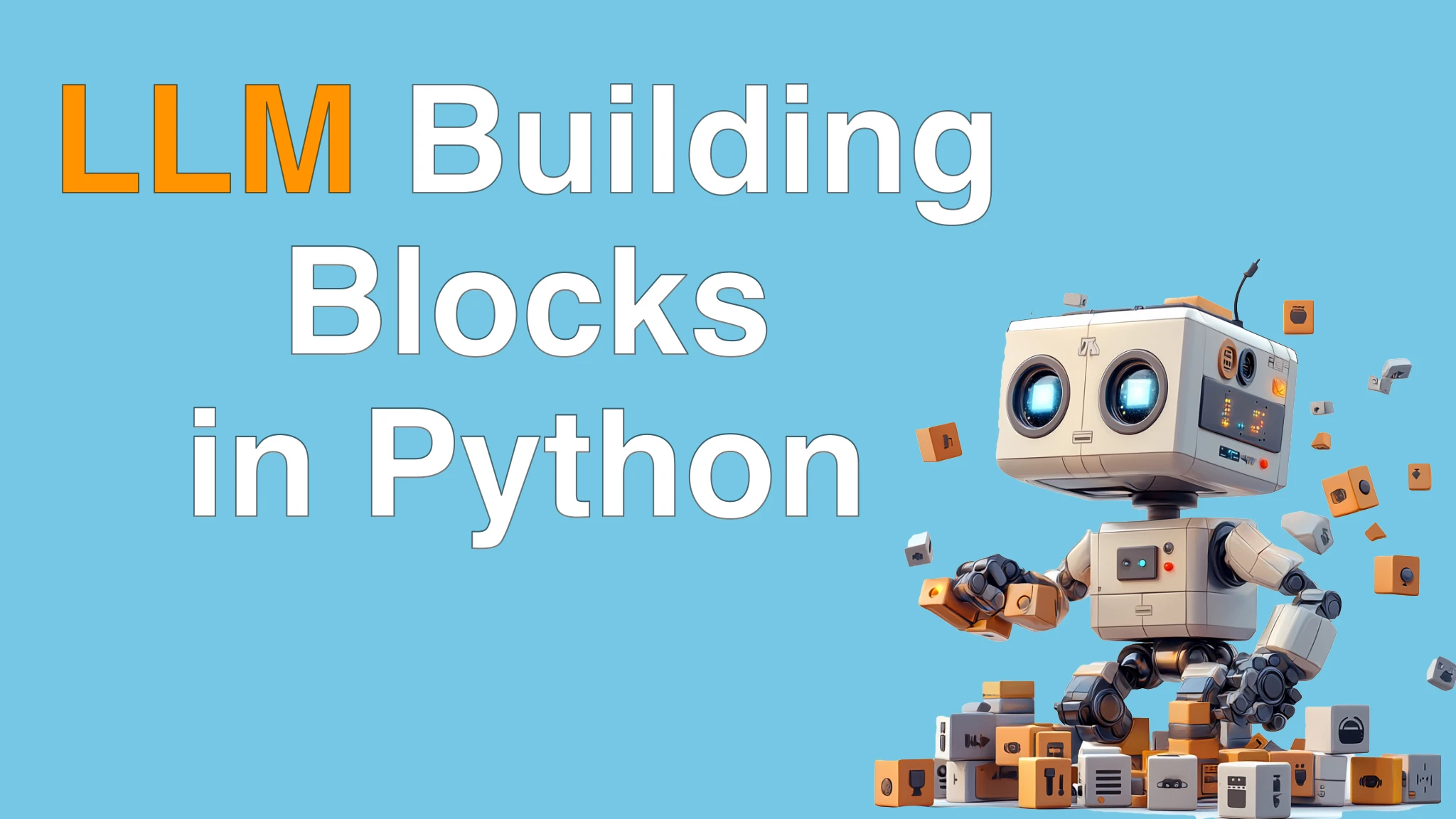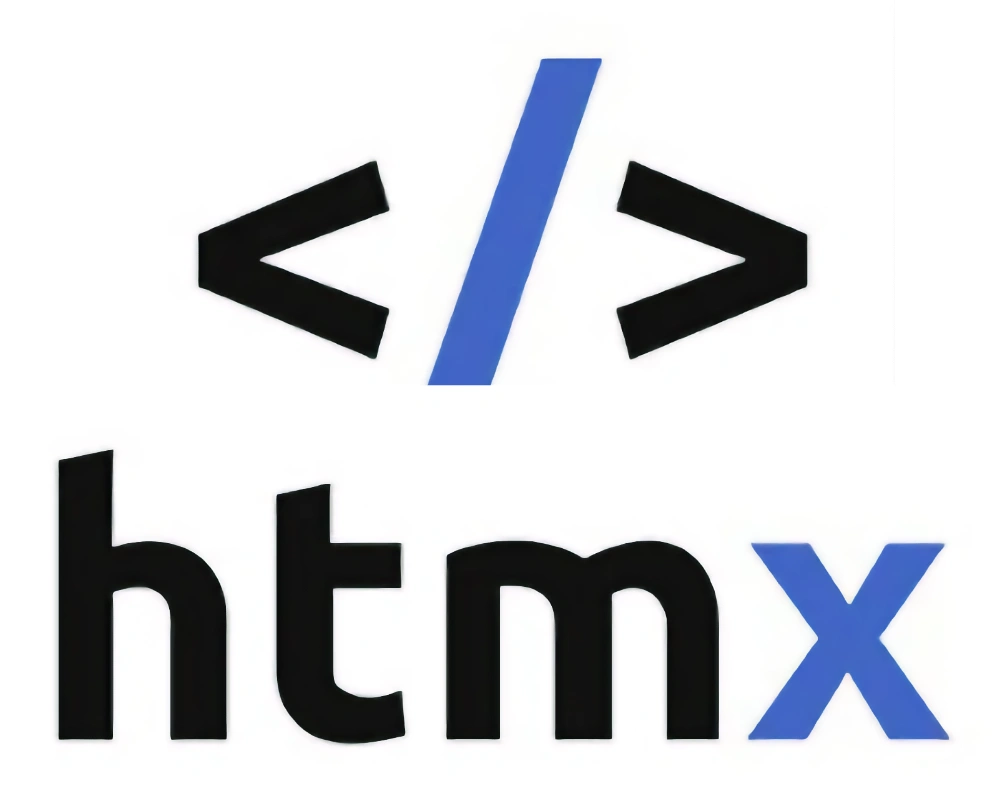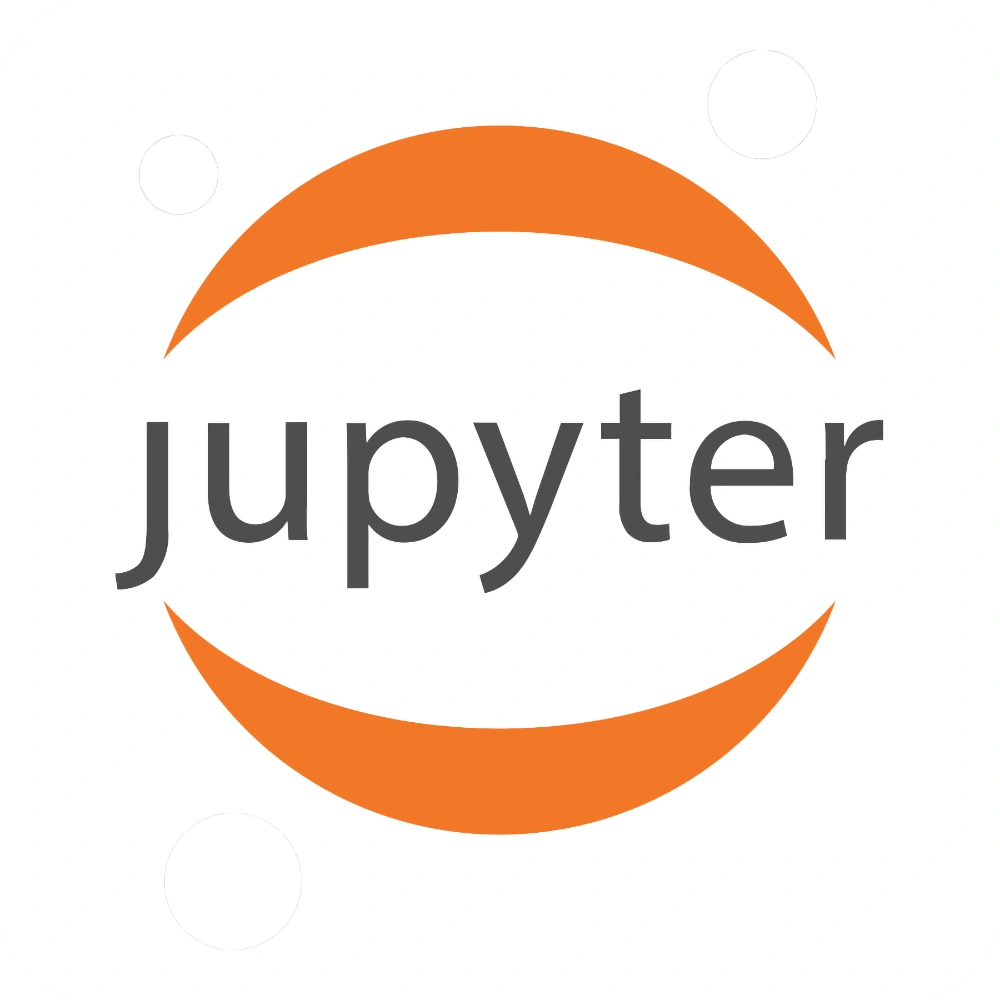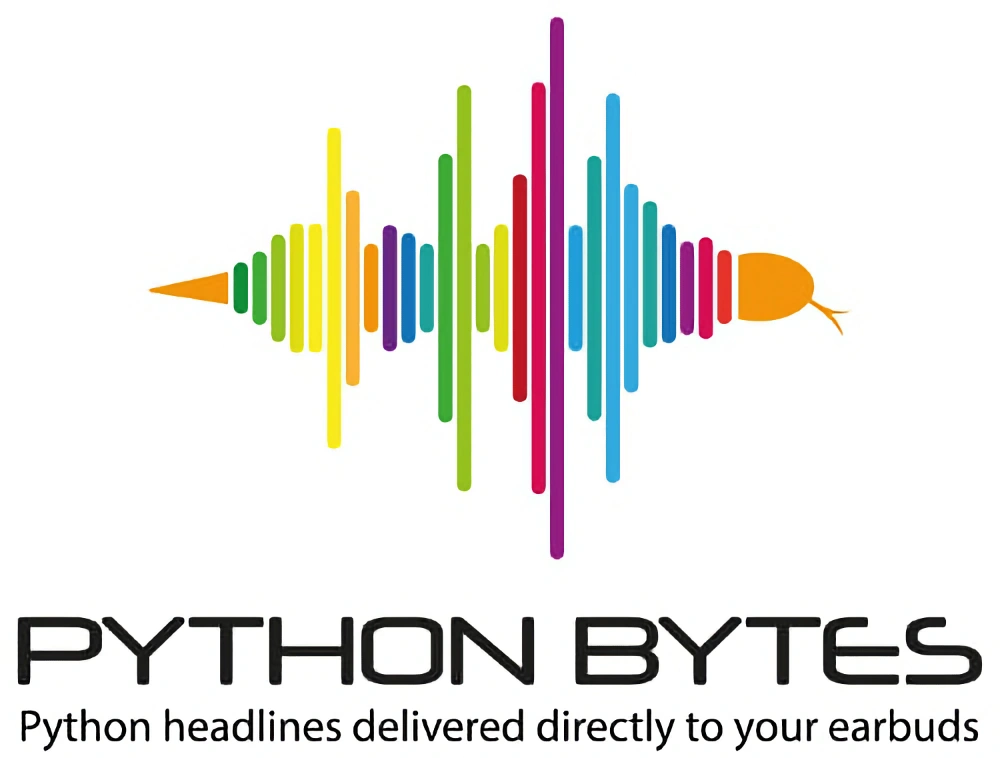Latest episode: #536 Fly inside FastAPI Cloud
You've built your FastAPI app, it's running great locally, and now you want to share it with the world. But then reality hits -- containers, load balancers, HTTPS certificates, cloud consoles with 200 options. What if deploying was just one command? That's exactly what Sebastian Ramirez and the FastAPI Cloud team are building. On this episode, I sit down with Sebastian, Patrick Arminio, Savannah Ostrowski, and Jonathan Ehwald to go inside FastAPI Cloud, explore what it means to build a "Pythonic" cloud, and dig into how this commercial venture is actually making FastAPI the open-source project stronger than ever.




Upcoming episodes

You love building web apps with Python, and HTMX got you excited about the hypermedia approach -- let the server drive the HTML, skip the JavaScript build step, keep things simple. But then you hit that last 10%: You need Alpine.js for interactivity, your state gets out of sync, and suddenly you're juggling two unrelated libraries that weren't designed to work together.
What if there was a single 11-kilobyte framework that gave you everything HTMX and Alpine do, and more, with real-time updates, multiplayer collaboration out of the box, and performance so fast you're actually bottlenecked by the monitor's refresh rate? That's Datastar.
On this episode, I sit down with its creator Delaney Gillilan, core maintainer Ben Croker, and Datastar convert Chris May to explore how this backend-driven, server-sent-events-first framework is changing the way full-stack developers think about the modern web.

Digital humanities sounds niche, until you realize it can mean a searchable archive of U.S. amendment proposals, Irish folklore, or pigment science in ancient art. Today I’m talking with David Flood from Harvard’s DARTH team about an unglamorous problem: What happens when the grant ends but the website can’t. His answer, static sites, client-side search, and sneaky Python. Let’s dive in.

You're adding type hints to your Python code, your editor is happy, autocomplete is working great. But then you switch tools and suddenly there are red squiggles everywhere. Who decides what a float annotation actually means? Or whether passing None where an int is expected should be an error? It turns out there's a five-person council dedicated to exactly these questions -- and two brand-new Rust-based type checkers are raising the bar. On this episode, I sit down with three members of the Python Typing Council -- Jelle Zijlstra, Rebecca Chen, and Carl Meyer -- to learn how the type system is governed, where the spec and the type checkers agree and disagree, and get the council's official advice on how much typing is just enough.
Stay connected with Talk Python
Listen for Free
Add Talk Python to your favorite podcast player and never miss an episode.
Subscribe NowJoin the Newsletter
Get episode updates, Python news, and exclusive content delivered to your inbox.
Subscribe to NewsletterFeedback on the show
Take Python to the next level
Online courses from Talk Python. Real courses with real coding helping you build production-ready skills.
Training for teams
Looking to level up your entire team's Python skills? Talk Python Training offers bulk discounts for organizations, plus an admin dashboard to track team progress and completion.
Learn about team plans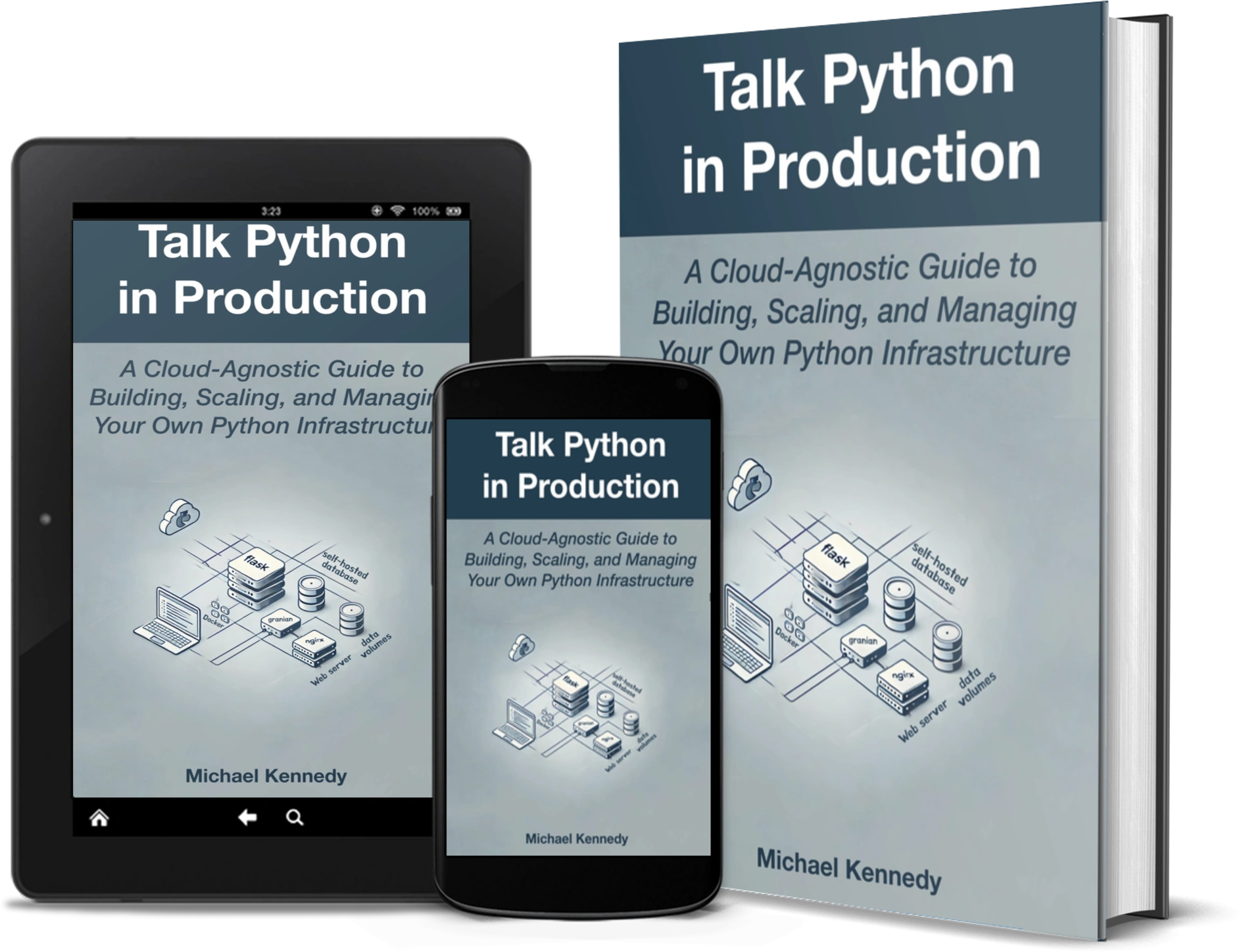
From the creator of Talk Python
Python for Production
Learn how to build, deploy, and scale production-ready Python applications. From best practices to real-world patterns, this book covers everything you need to take your Python projects from prototype to production.
Wondering if we cover a topic?
Search across 537+ episodes to find exactly what you're looking for.
Search episodesPython Bytes Podcast
Do you enjoy Talk Python To Me? We created a second podcast to be the perfect counterpart to the long-form interview format.
Python Bytes delivers Python headlines directly to your earbuds in just 15-20 minutes per week. The topical items of the Python ecosystem, condensed and ready to go.

About the Show
Talk Python to Me is a weekly podcast covering a wide array of Python topics as well as many related technologies. Each episode features a casual 1-hour conversation with industry experts.
Have feedback for the show? We'd love to hear from you.

Suggest a show or guest
We are always on the look out for exciting topics to bring to you on Talk Python To Me. Do you have a great idea for a show? Know a dynamic Python personality who we should be speaking to?
